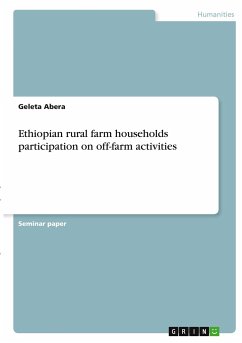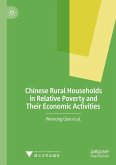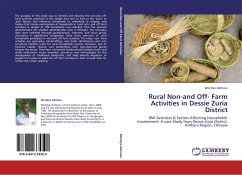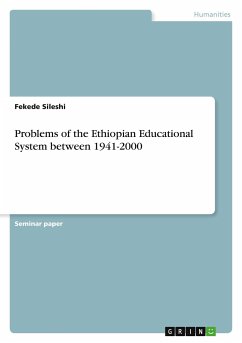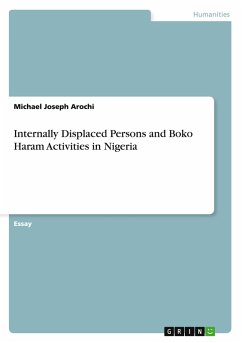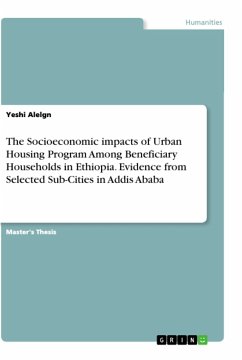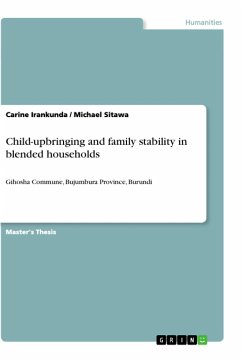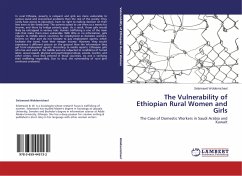Seminar paper from the year 2021 in the subject Sociology - Work, Profession, Education, Organisation, Graduate School of Business and Economics Lahr (Economics department), course: Development Economics, language: English, abstract: This study assesses the determinants of off-farm work participation decisions of farm households in Ethiopia. Ethiopia is an agrarian society where nearly 85% of the population is directly dependent on farming activities for their livelihood. It accounts for about 50% of the GDP and 90% of the total foreign exchange earnings. Crop production, livestock husbandry and mixed farming are the main types of farming activities in the country. Family labour is the primary farm input for the sector. The agricultural sector of the country is still characterized by low labour productivity, a declining farm size (an average of one hectare per household) and traditional farming systems, natural resources degradation, variable weather conditions, tenure insecurity, weak agricultural research base and extension system, lack of financial services, imperfect agricultural markets and poor infrastructure. Non-farm activities have a great potential to provide employment and additional incomes during the slack season to rural households. In addition, given rising population pressure on agricultural land which results in a decline in land holding per individual, off-farm activities can provide alternative employment. Despite their great potential, rural non-agricultural activities account for less than 3% of the rural labour force.
Bitte wählen Sie Ihr Anliegen aus.
Rechnungen
Retourenschein anfordern
Bestellstatus
Storno

